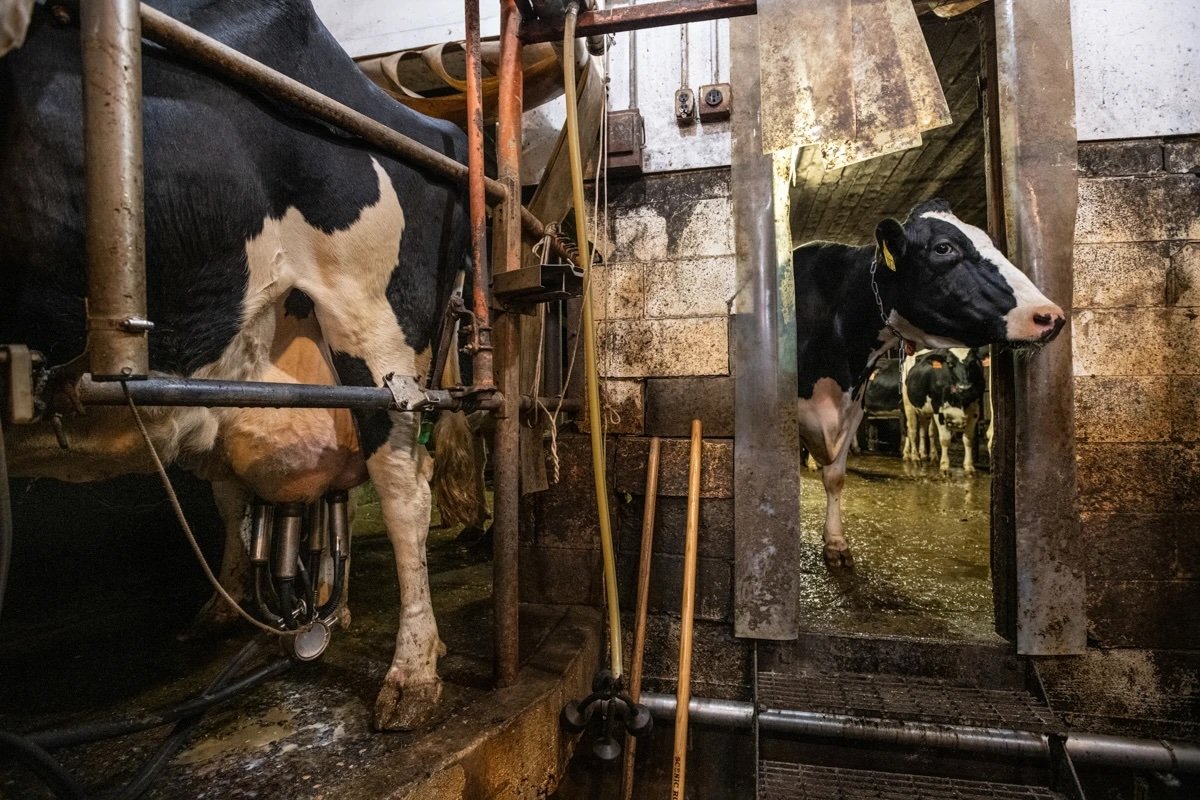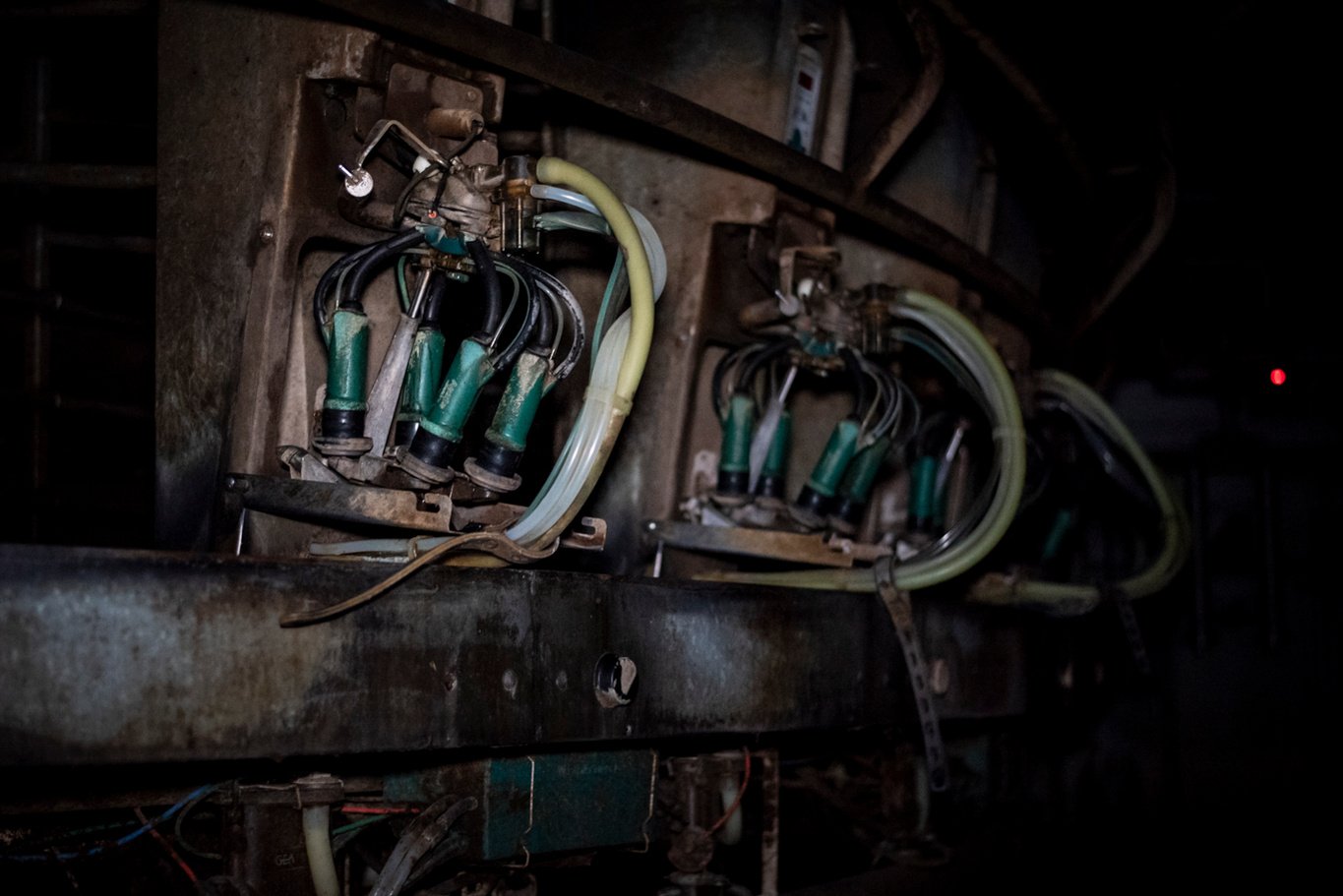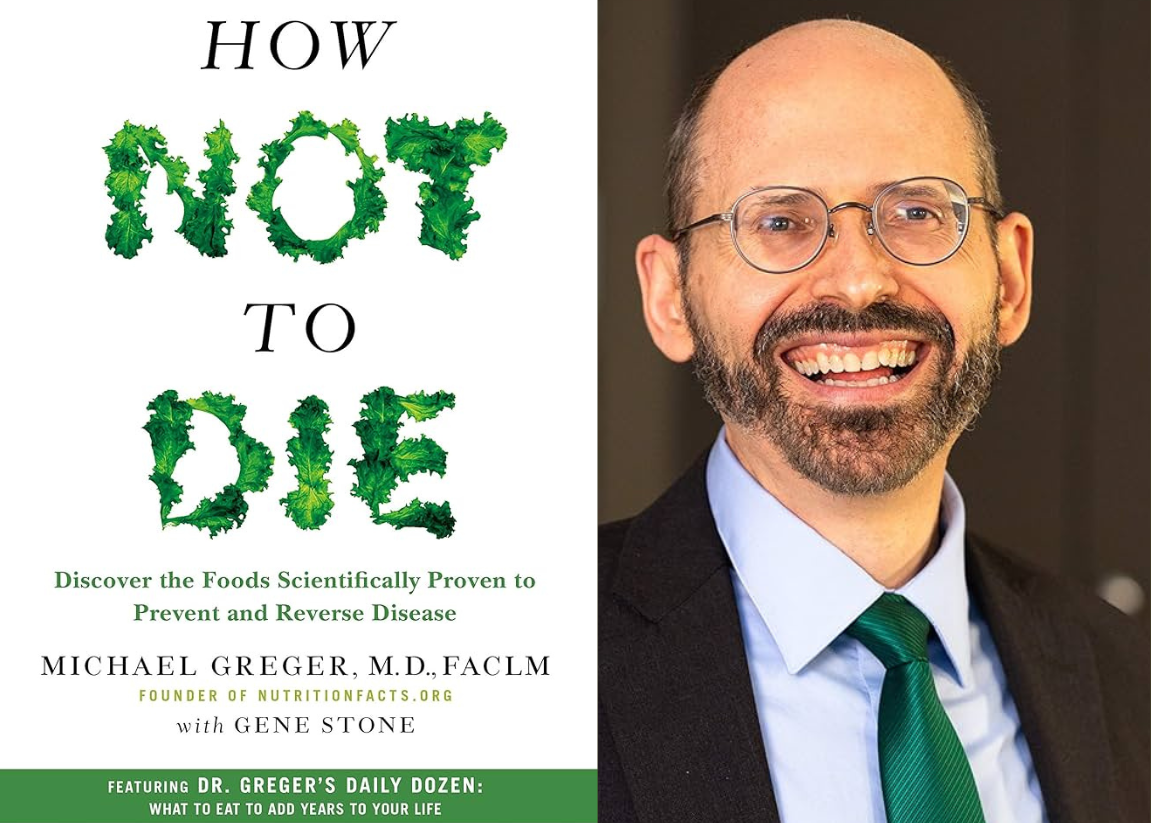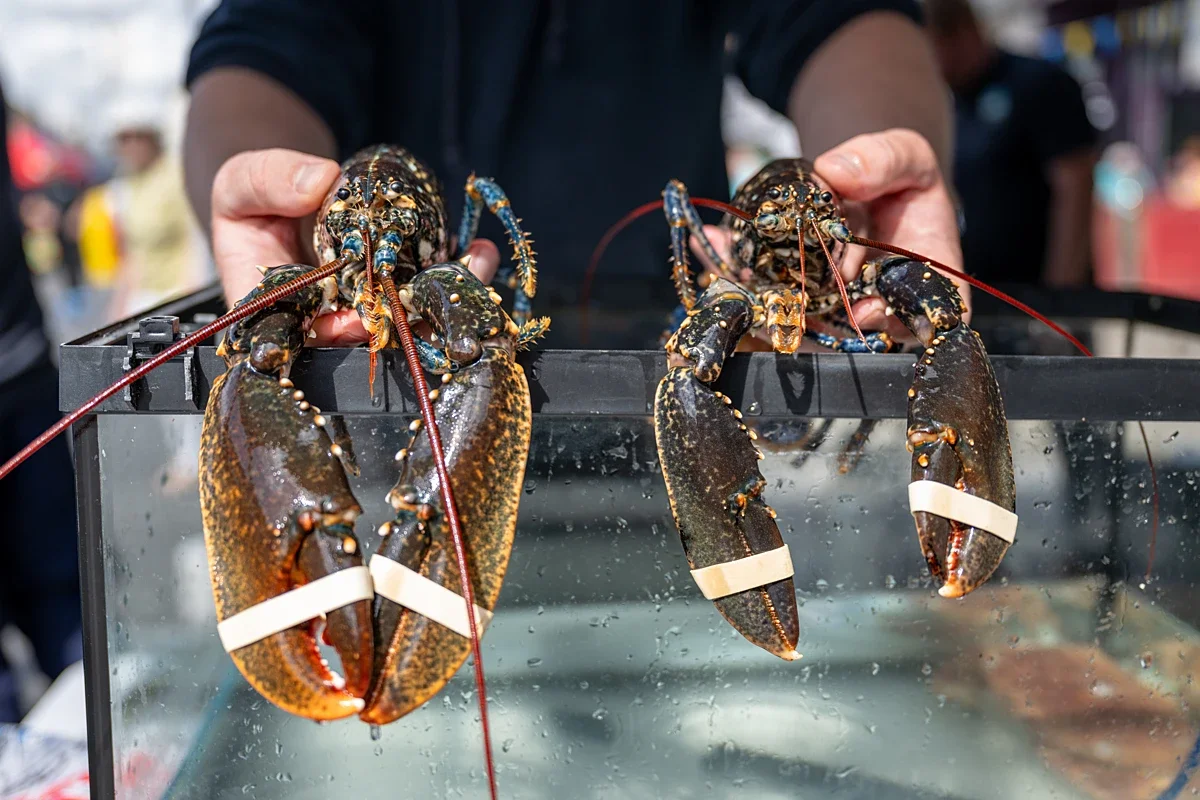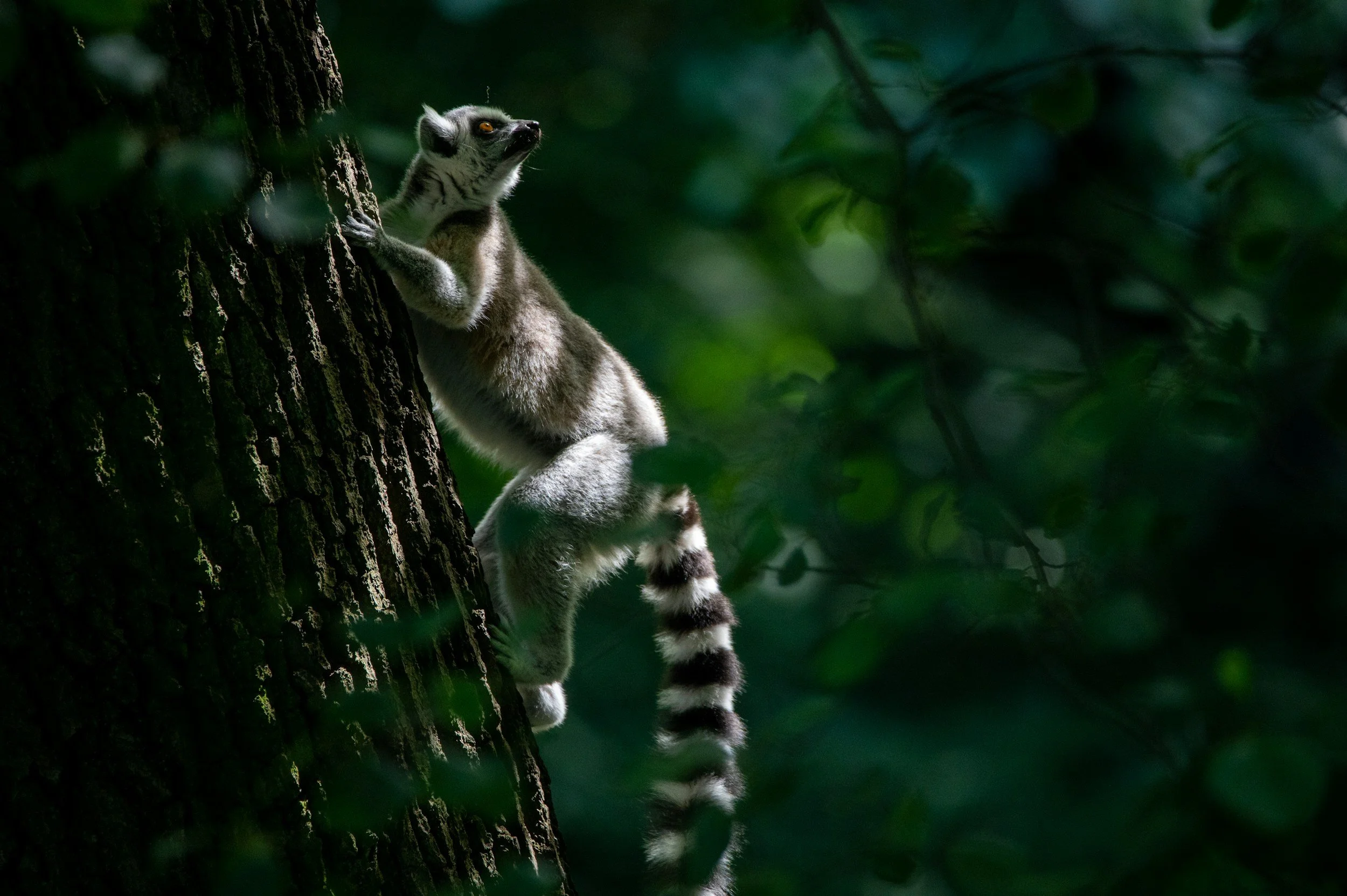Bird Flu Detected for First Time in Cow’s Milk Across Texas, Kansas and New Mexico
The US Department of Agriculture has identified cases of bird flu on dairy farms in the US, describing the situation as ‘rapidly evolving’.
Credit: Jo-Anne McArthur/We Animals Media
Milk from cows in Texas and Kansas has tested positive for bird flu, US health officials announced on Monday, marking the first time the highly fatal virus has spread to cows.
The news comes just days after the nation’s first-ever detection of bird flu in goats.
Texas Animal Health Commission confirmed that an unknown number of cows have contracted Type A H5N1, the strain responsible for the largest-ever outbreak in animals and has killed dozens of people worldwide since 2022.
The virus was discovered after cows used for dairy production in Texas, Kansas, and New Mexico started displaying symptoms including a drop in milk production, reduced appetite, and fever. Officials have called it a ‘rapidly evolving situation’, while Iowa, another dairy-intensive state, has stated that it is also carefully monitoring the situation.
“We hadn't seen anything like it before,” said Texas Department of Agriculture Commissioner Sid Miller. “It was kind of like they had a cold.”
According to officials, pasteurization should inactivate the flu virus, with the USDA claiming that “at this stage, there is no concern about the safety of the commercial milk supply.” The agency said that dairies are diverting or destroying milk from sick animals.
So far, the virus has only been found in dairy milk that appears to be ‘grossly abnormal’. Dr. Jim Lowe, a veterinarian and influenza researcher at the College of Veterinary Medicine at the University of Illinois at Urbana-Champaign described the infected milk as ‘thick and syrupy’.
Milking machines. Credit: Amy Jones/Viva!
Based on findings from Texas, the USDA suspects that the virus was introduced to the cows by wild birds, with some farms reporting that deceased birds have been found on their properties.
Mammals like foxes who contract the virus are typically carnivores and usually get sick from eating contaminated birds, so it's difficult to determine how this outbreak has occurred in cows, Richard Webby at St. Jude Children’s Research Hospital in Tennessee told New Scientist.
“The biggest question I can’t quite get my head around is how to explain infections across such a geographic spread of states,” said Webby.
While Stacey L. Schultz-Cherry, a virologist and influenza expert at St. Jude Children’s Research Hospital, said ‘there’s still no cause to panic’, she cautioned that cows were not previously considered among the species highly susceptible to avian influenza. These cases mark another concerning development in a worldwide bird flu outbreak that has severely impacted wild bird populations and poultry in recent years.
Infected cows currently appear to recover from the virus within seven to 10 days. That is a stark contrast to avian flu outbreaks in poultry farms, where entire flocks are slaughtered to prevent the spread of the virus. Since 2022, 80 million birds on US commercial farms have been killed due to outbreaks. When the virus is detected on a poultry farm, officials will suffocate flocks en masse with firefighting foam or by filling the barns with carbon dioxide. One egg factory in Iowa alone culled 5.3 million hens by roasting them alive.
“Unless we wake up and take urgent action to end factory farming we will simply be unable to stop its rapid spread across the globe or reduce the risk of a serious human pandemic developing.”
Credit: Andrew Skowron/We Animals Media
The Next Pandemic?
The highly pathogenic strain of avian influenza H5N1 first emerged in domestic geese in China in 1997 before swiftly transmitting to humans in Southeast Asia, exhibiting a mortality rate of around 40-50 percent.
The World Health Organization regards bird flu as a significant pandemic risk, and the globe is presently grappling with the most severe bird flu outbreak on record. According to Webby, H5 would need three major categories of genetic changes to spread efficiently to humans. So far, the virus has been able to make one of these changes.
Diana Bell, Professor of Conservation Biology at the University of East Anglia, who participated in the first-ever scientific assessment of the impact of avian flu on wildlife and biodiversity back in 2006, says that to stem this tsunami of H5N1 and other avian influenzas we need a ‘complete overhaul poultry production on a global scale.’
“The trend towards megafarms containing over a million birds must be stopped in its tracks,” she writes for The Conservation. “To prevent the worst outcomes for this virus, we must revisit its primary source: the incubator of intensive poultry farms.”
A report released last year by Compassion in World Farming mirrors this sentiment, warning that without major reforms to industrial farming, it will not be possible to end the spread of bird flu or reduce the risk of a global human pandemic.
Author of the report and Chief Policy Adviser at Compassion in World Farming, Peter Stevenson, said: “Bird flu is like a ticking time bomb. Unless we wake up and take urgent action to end factory farming we will simply be unable to stop its rapid spread across the globe or reduce the risk of a serious human pandemic developing.
“Cramming animals together in factory farms is not only totally inhumane, it’s creating the perfect place for bird flu and other viruses to spread and mutate into more dangerous strains,” he added.
“Three key actions are needed to tackle this disease – vaccination, major reform of the poultry industry and an end to the factory farming of pigs. Governments around the world must implement this three-point plan without delay. If they don’t, millions more birds and other mammals are likely to suffer and die and the health of millions of people may be in serious jeopardy,” he concluded.
For the sake of animals, the planet, and our own health, we must move away from farming animals and transition to a plant-based food system. Be a part of this change today by signing up for our 30-Day Plant Power Challenge.
We Have A Favor To Ask…
Species Unite amplifies well-researched solutions to some of the most abusive animal industries operating today.
At this crucial moment, with worldwide momentum for change building, it’s vital we share these animal-free solutions with the world - and we need your help.
We’re a nonprofit, and so to keep sharing these solutions, we’re relying on you - with your support, we can continue our essential work in growing a powerful community of animal advocates this year.

